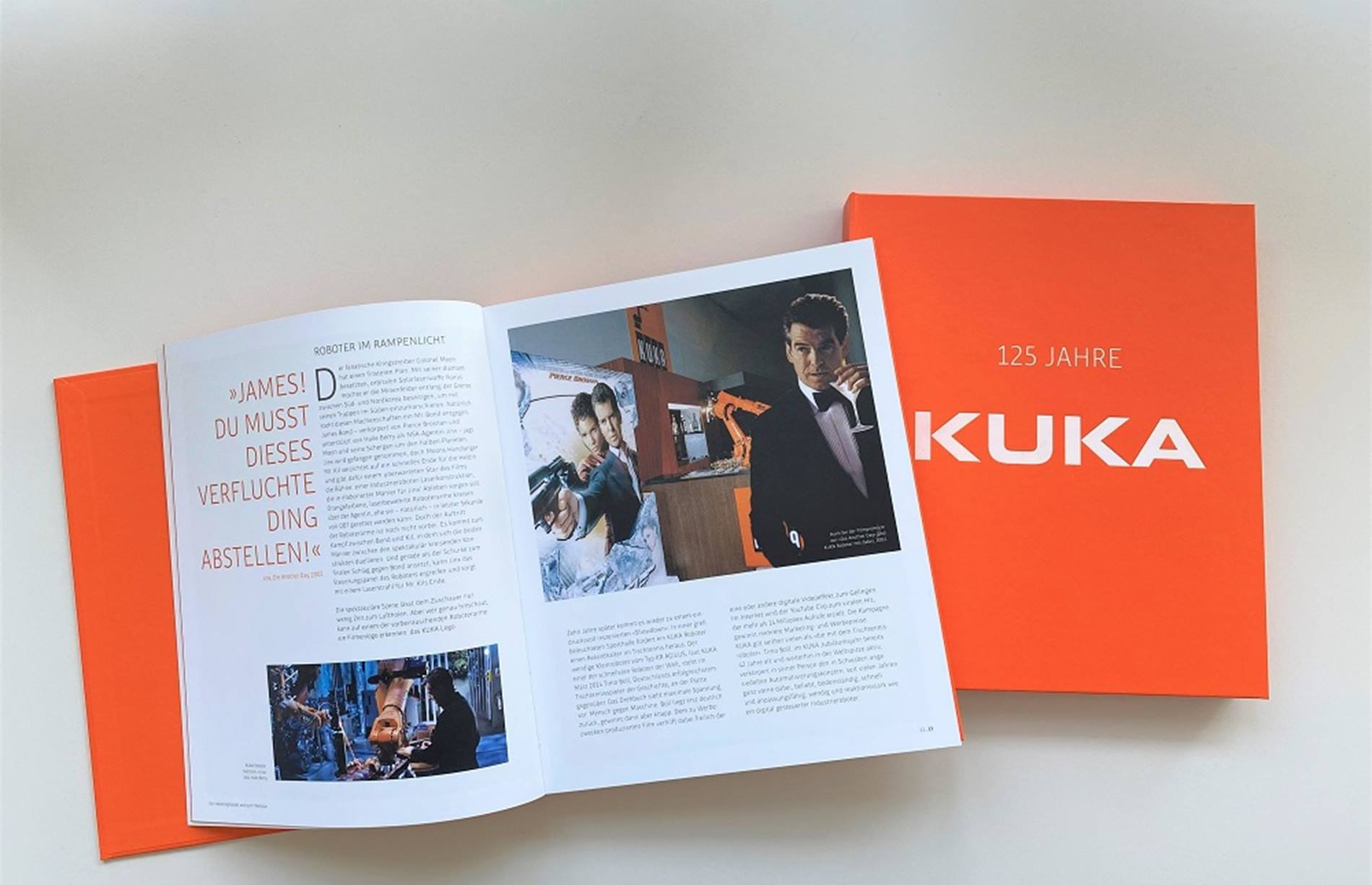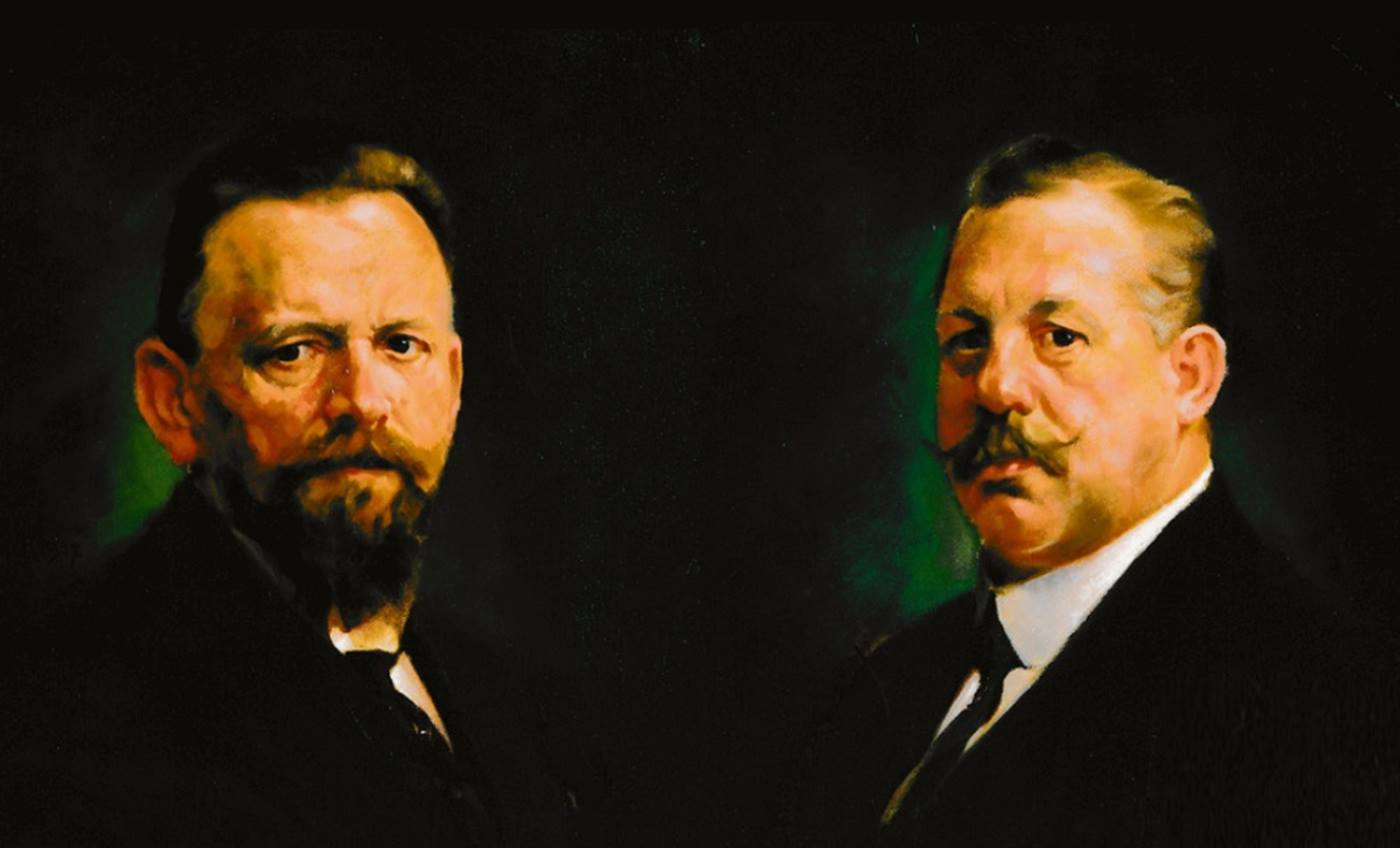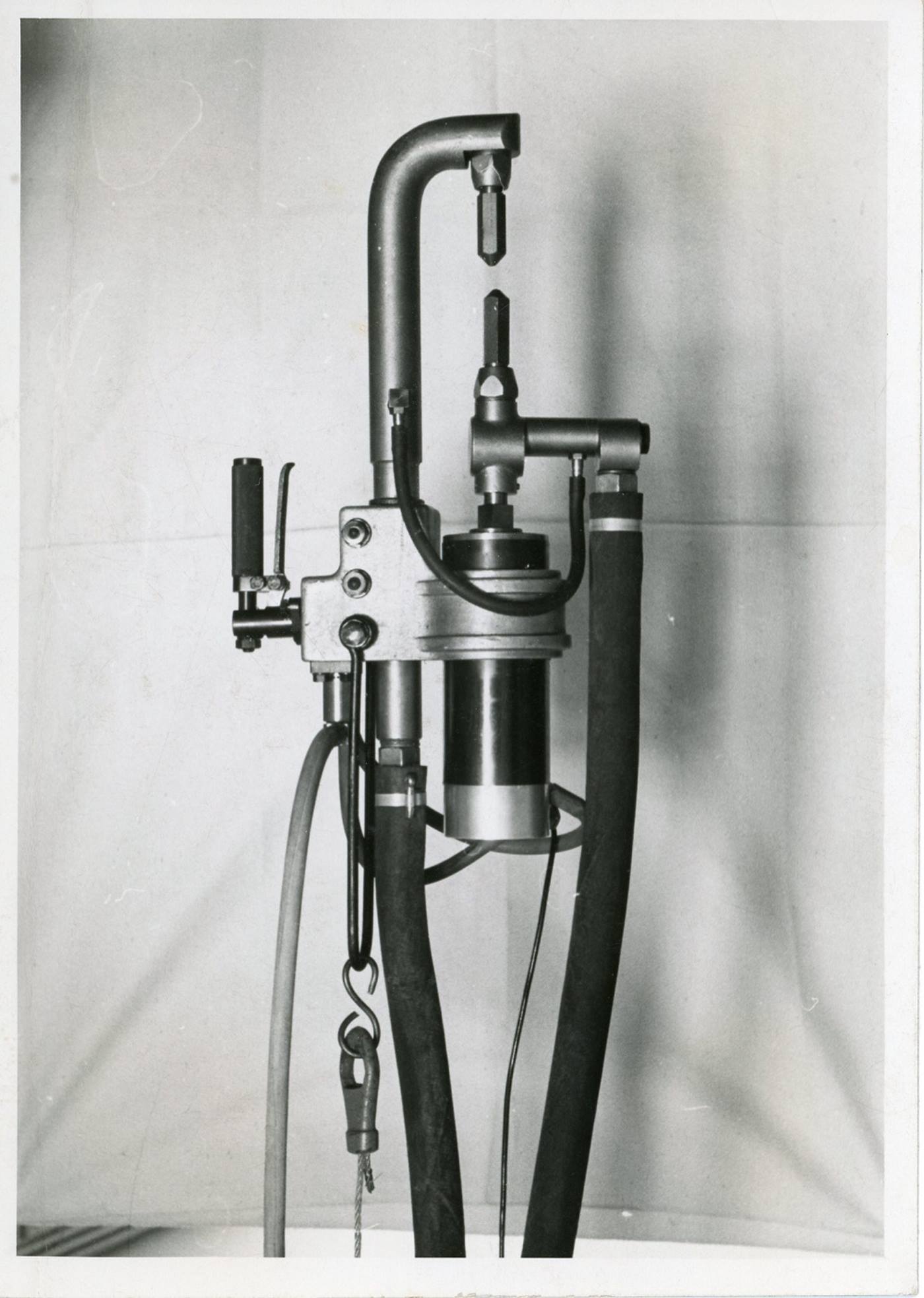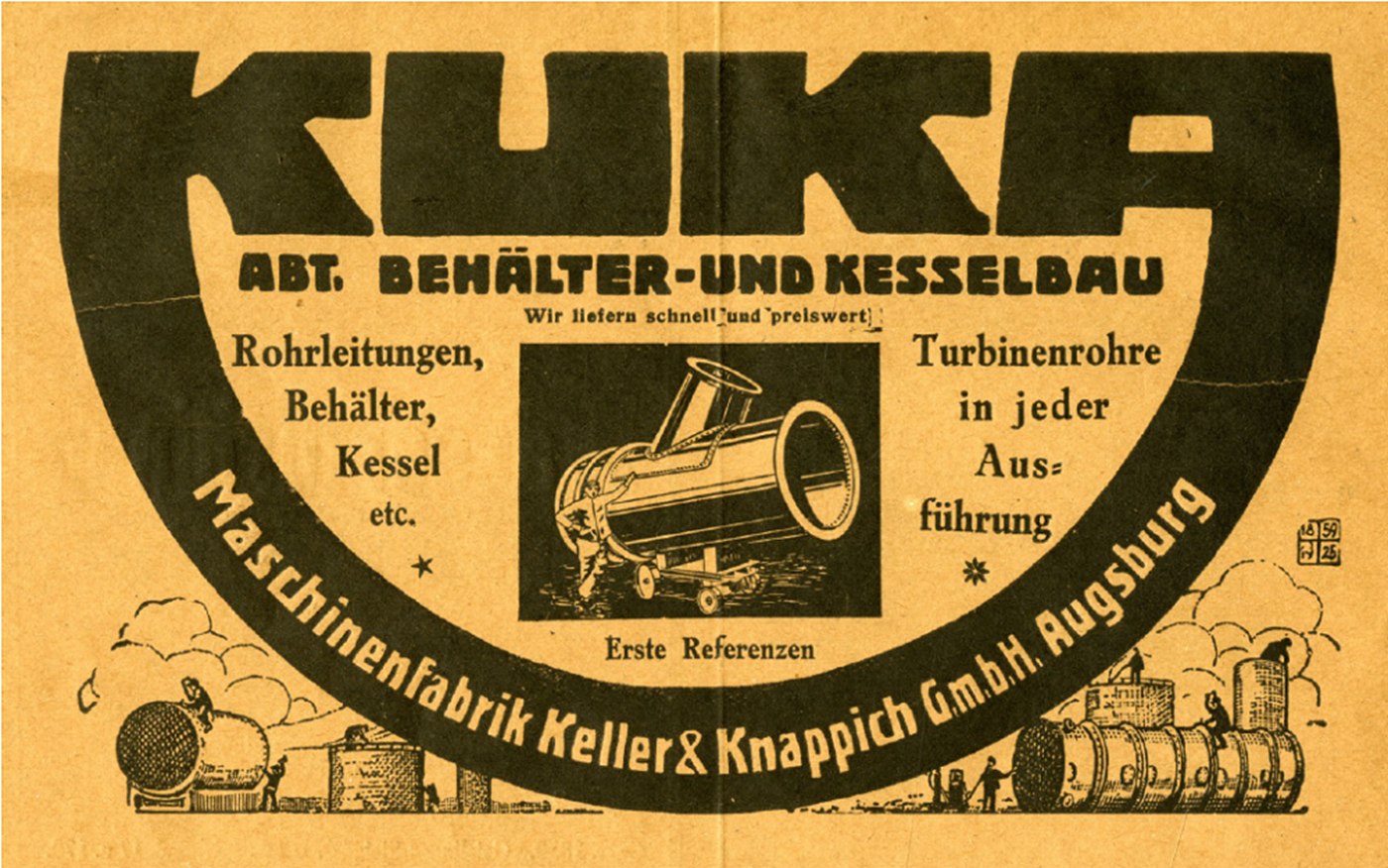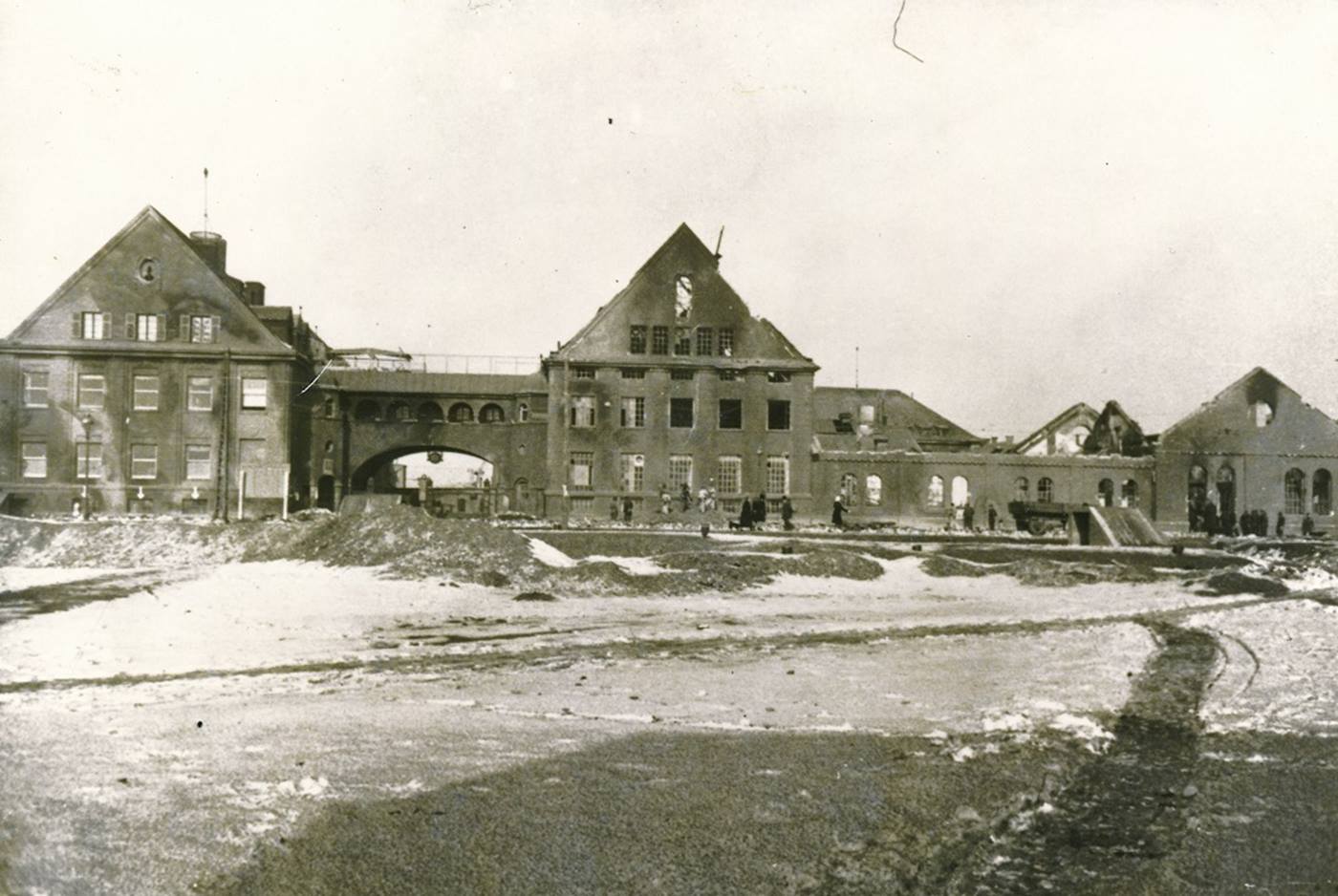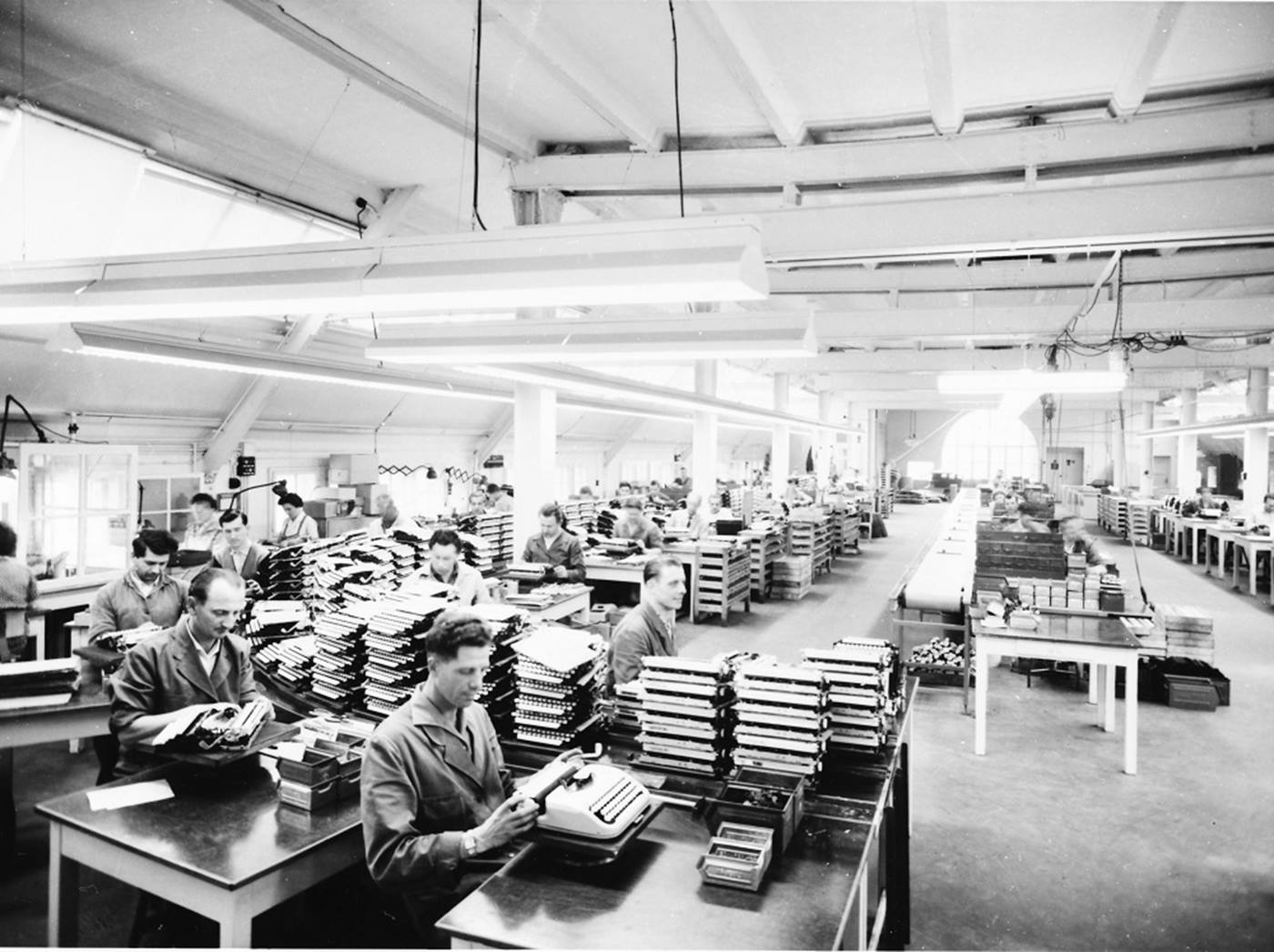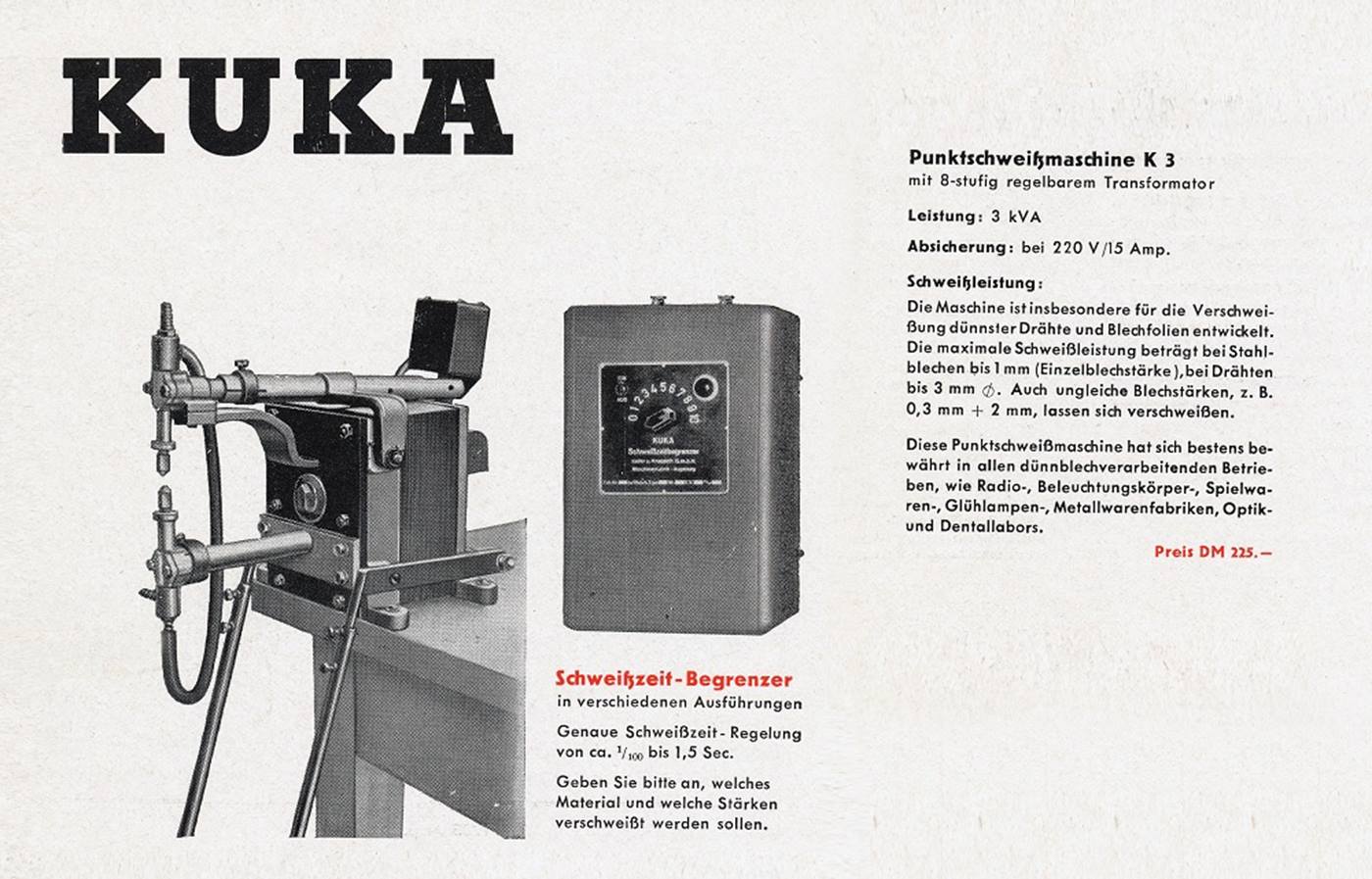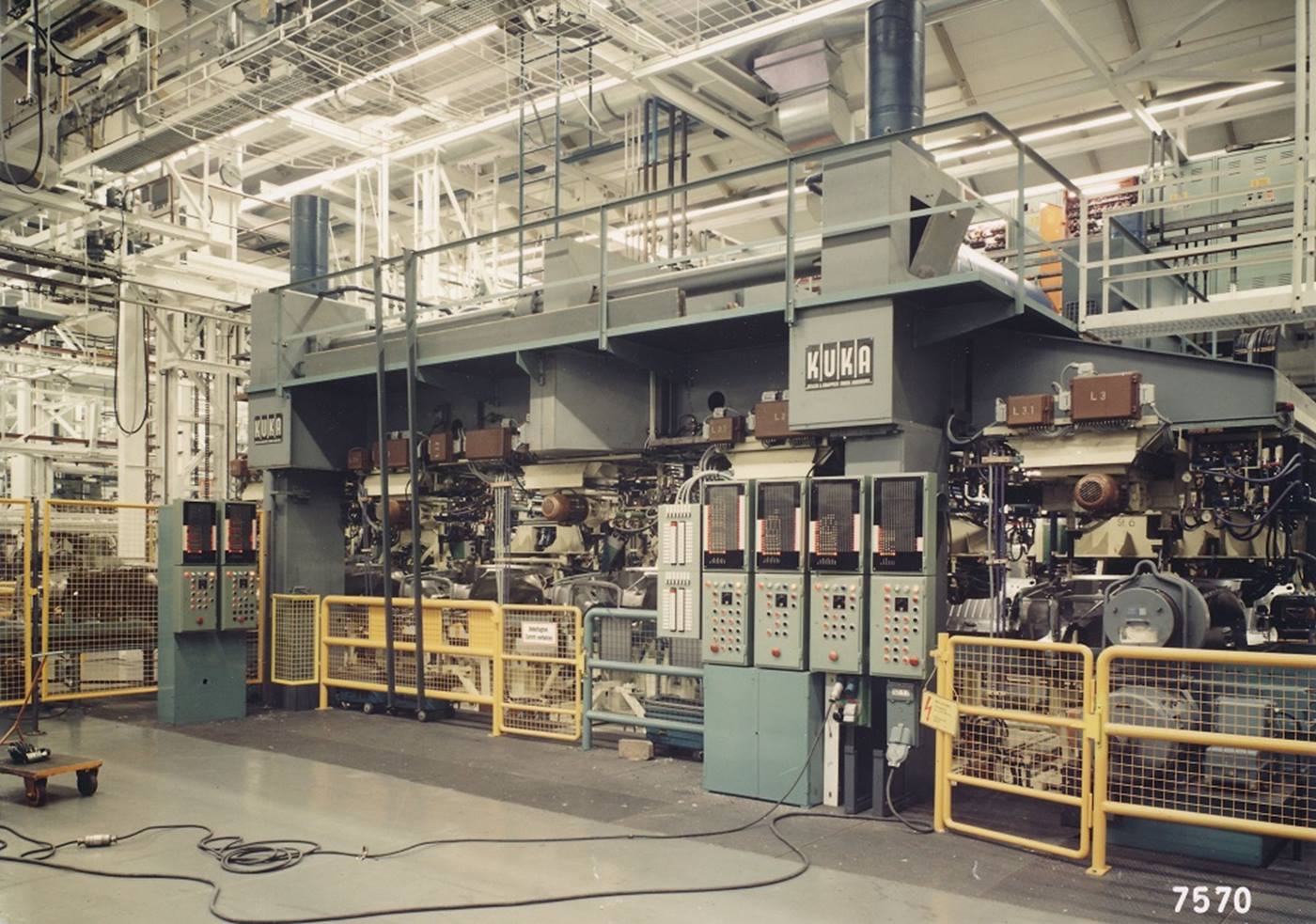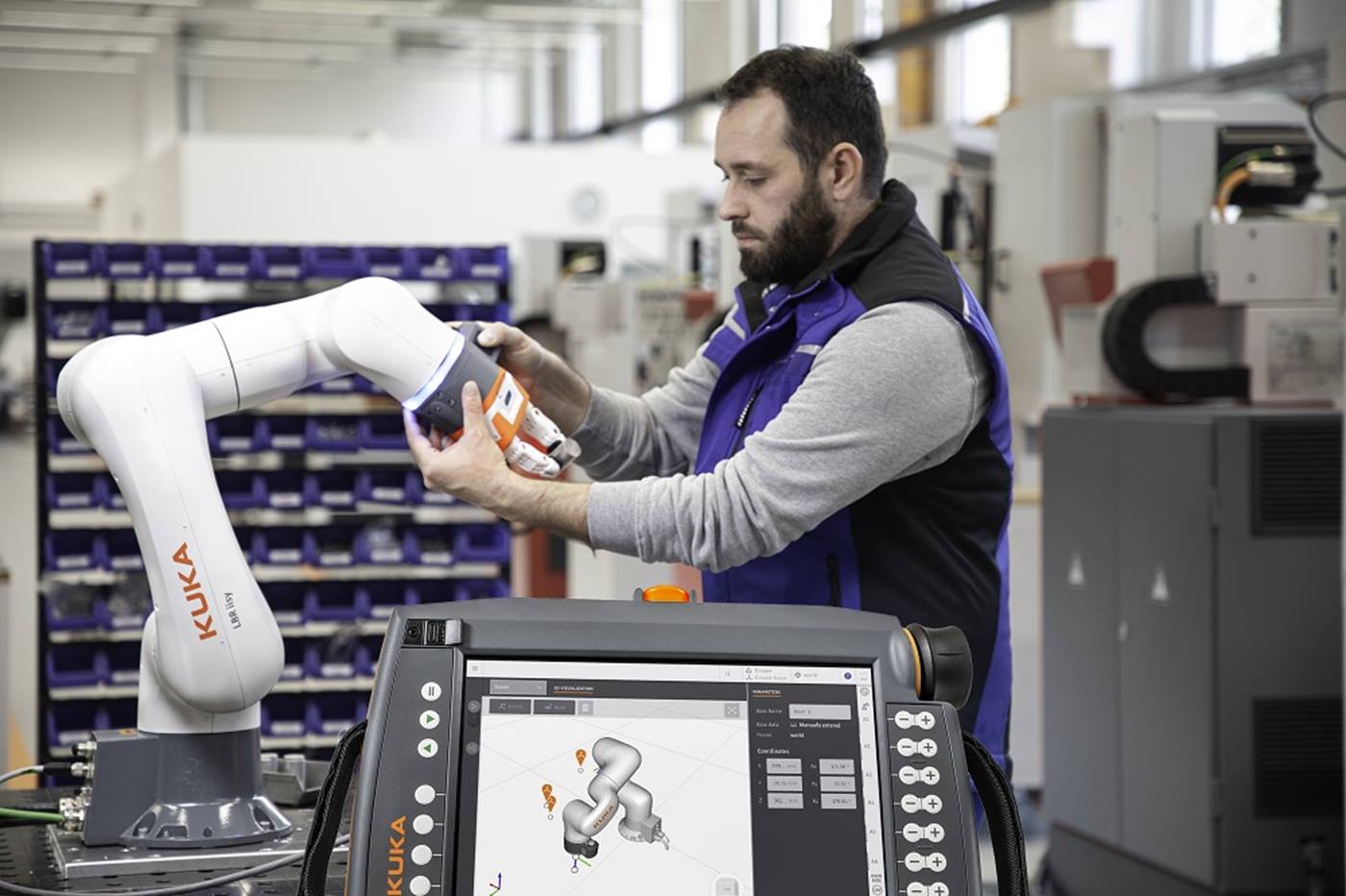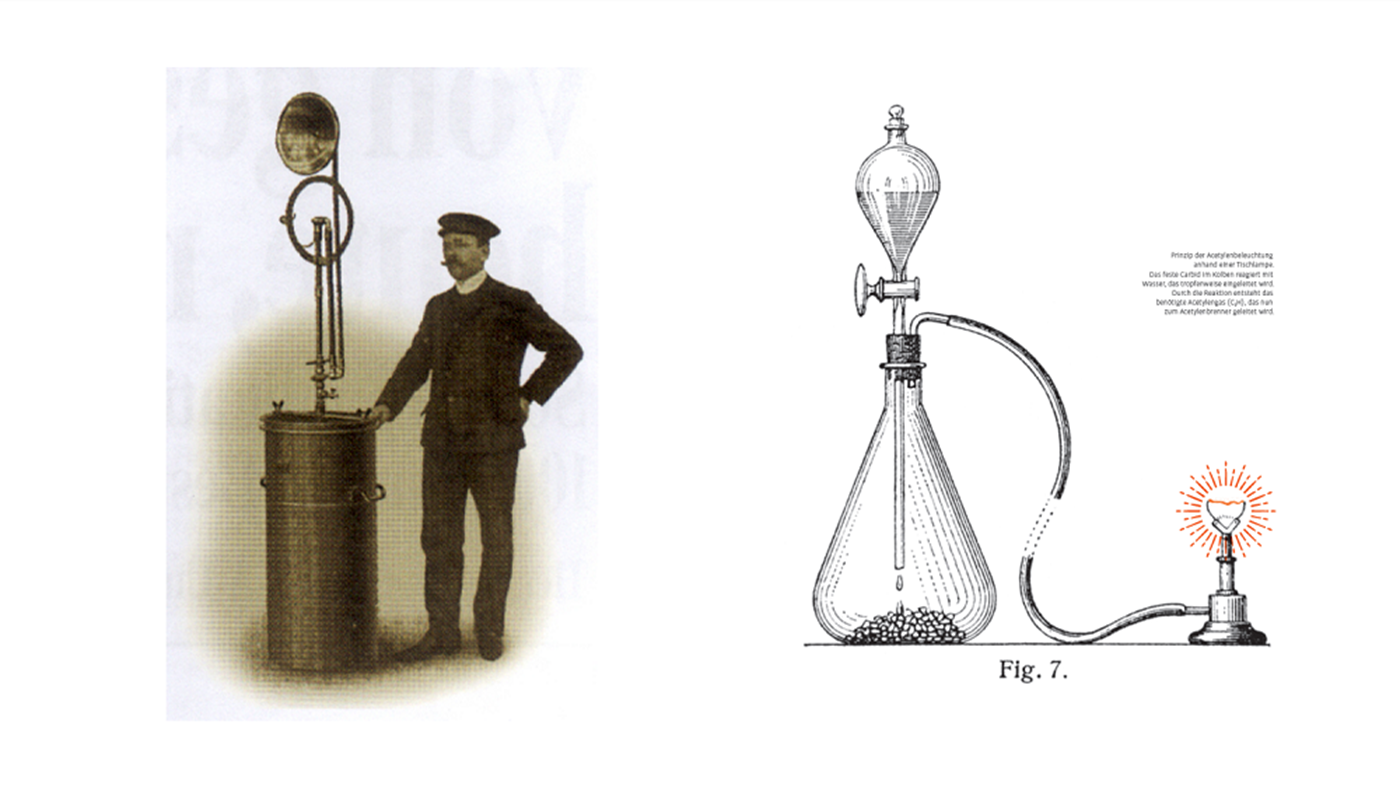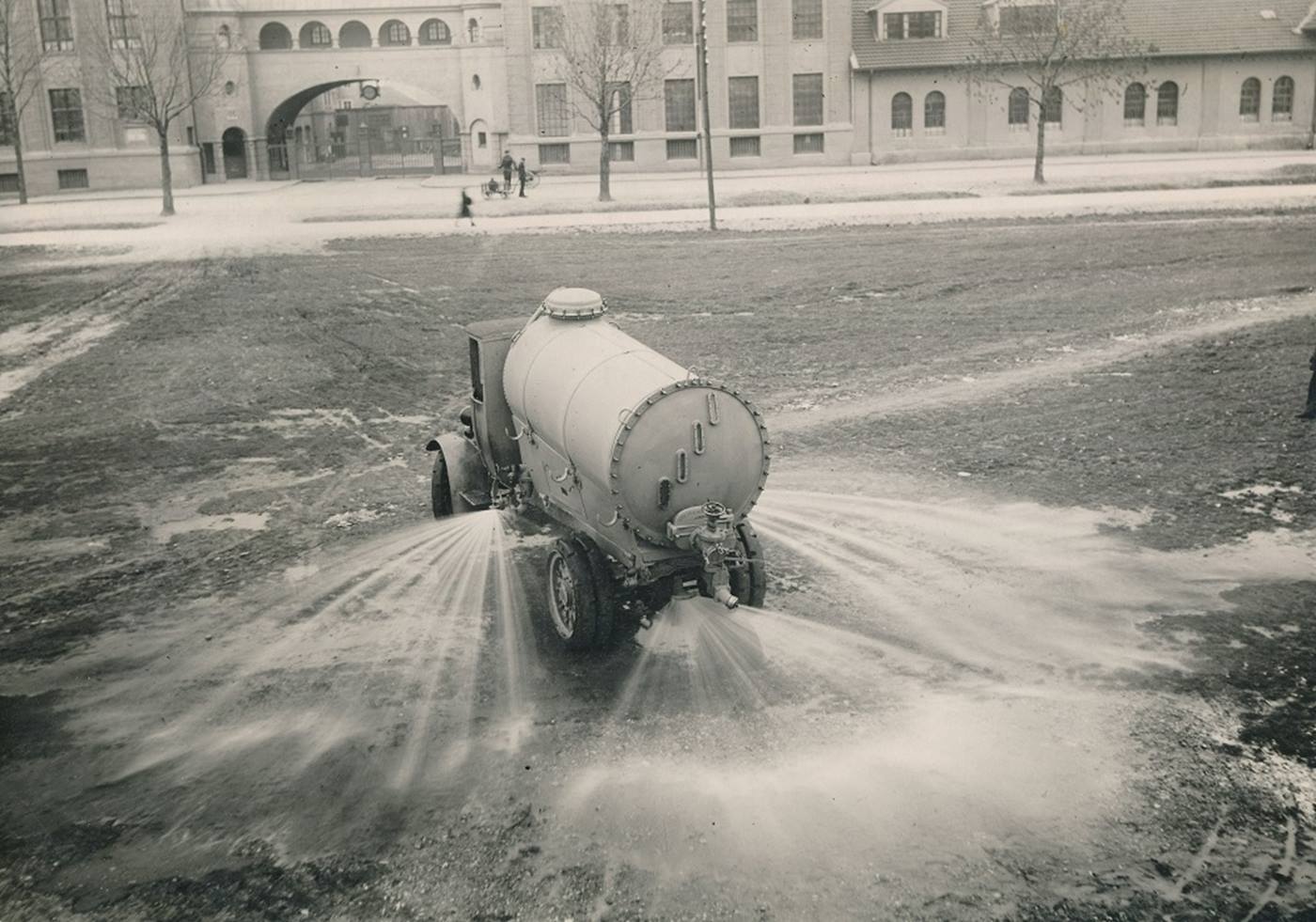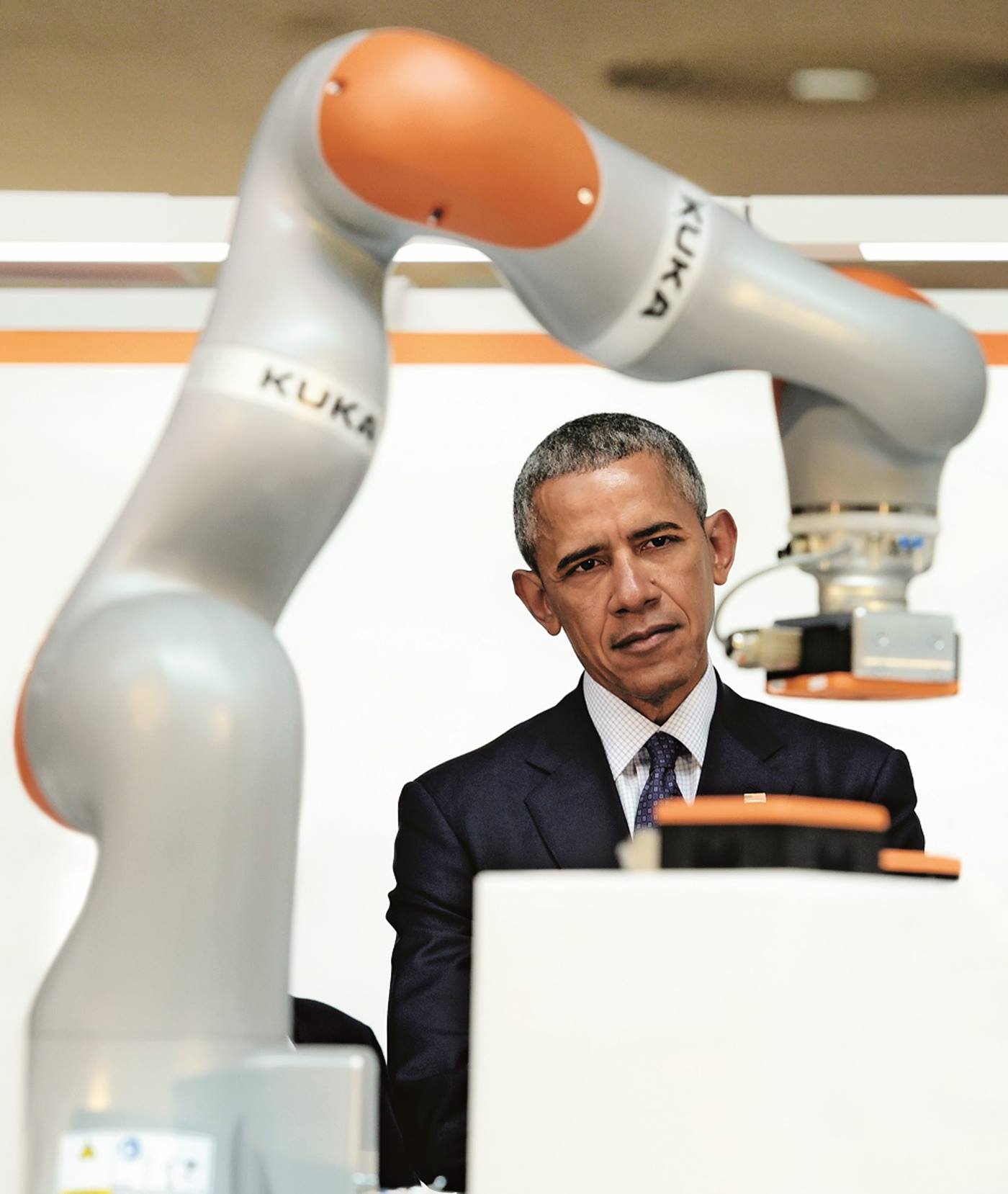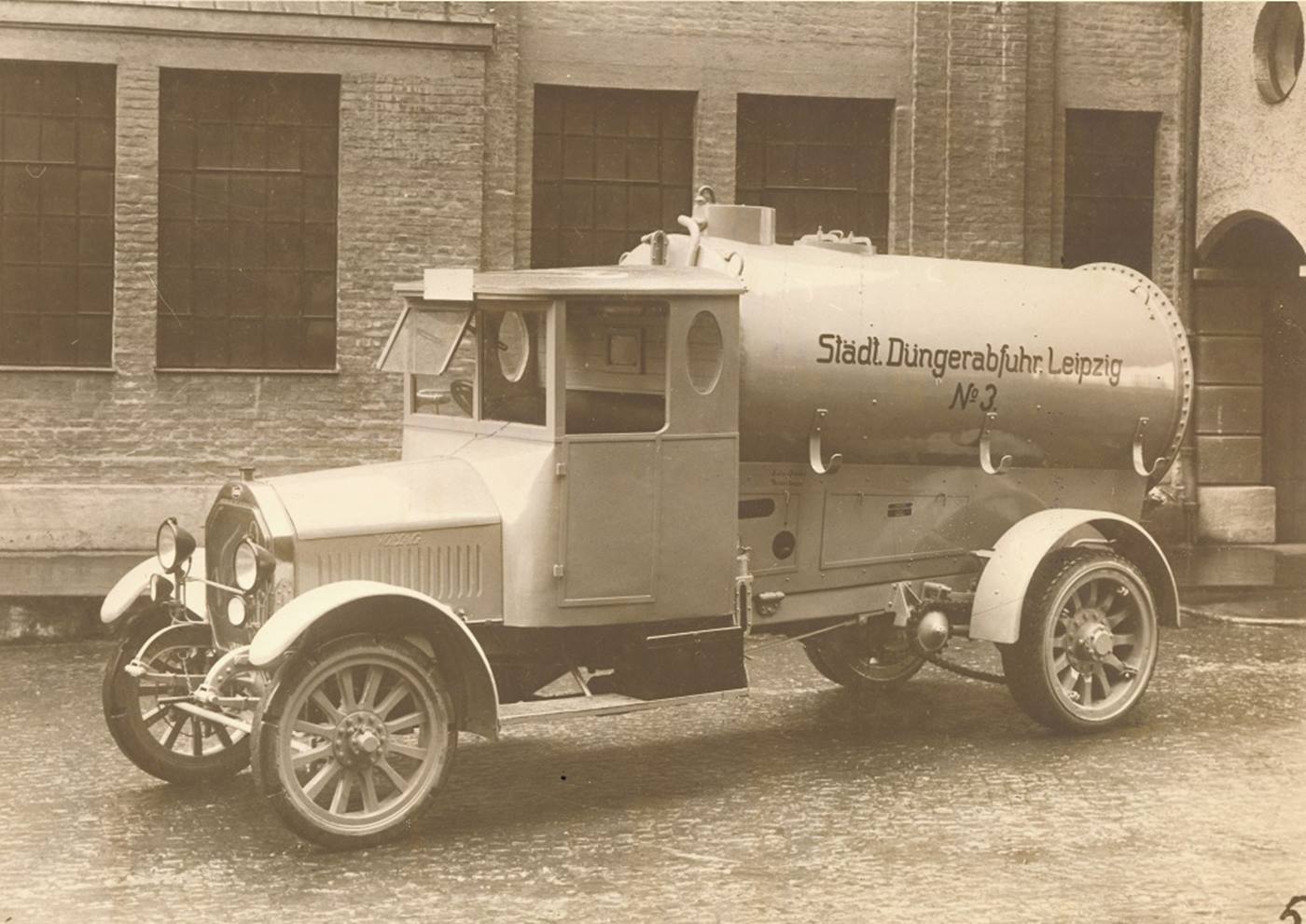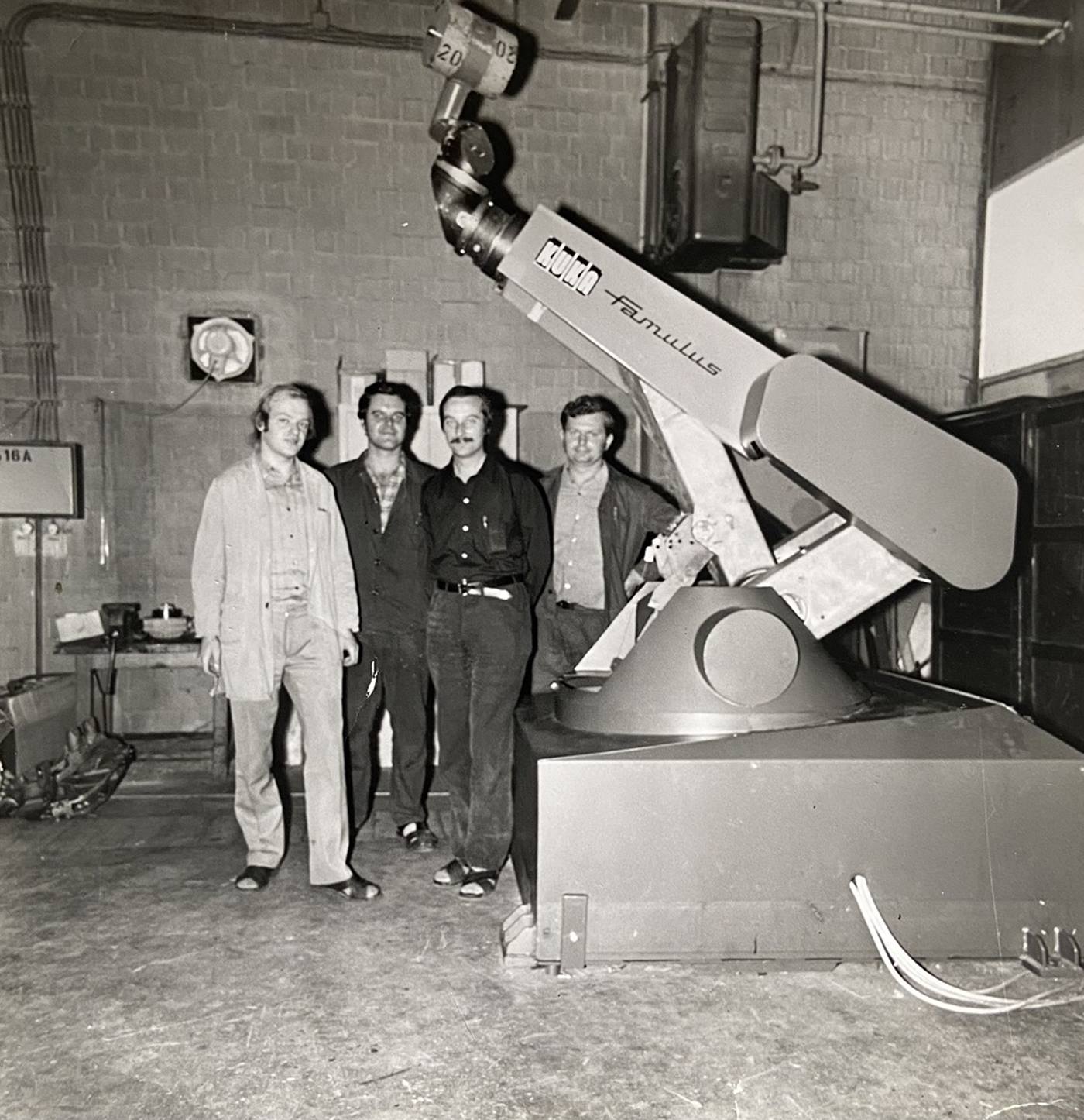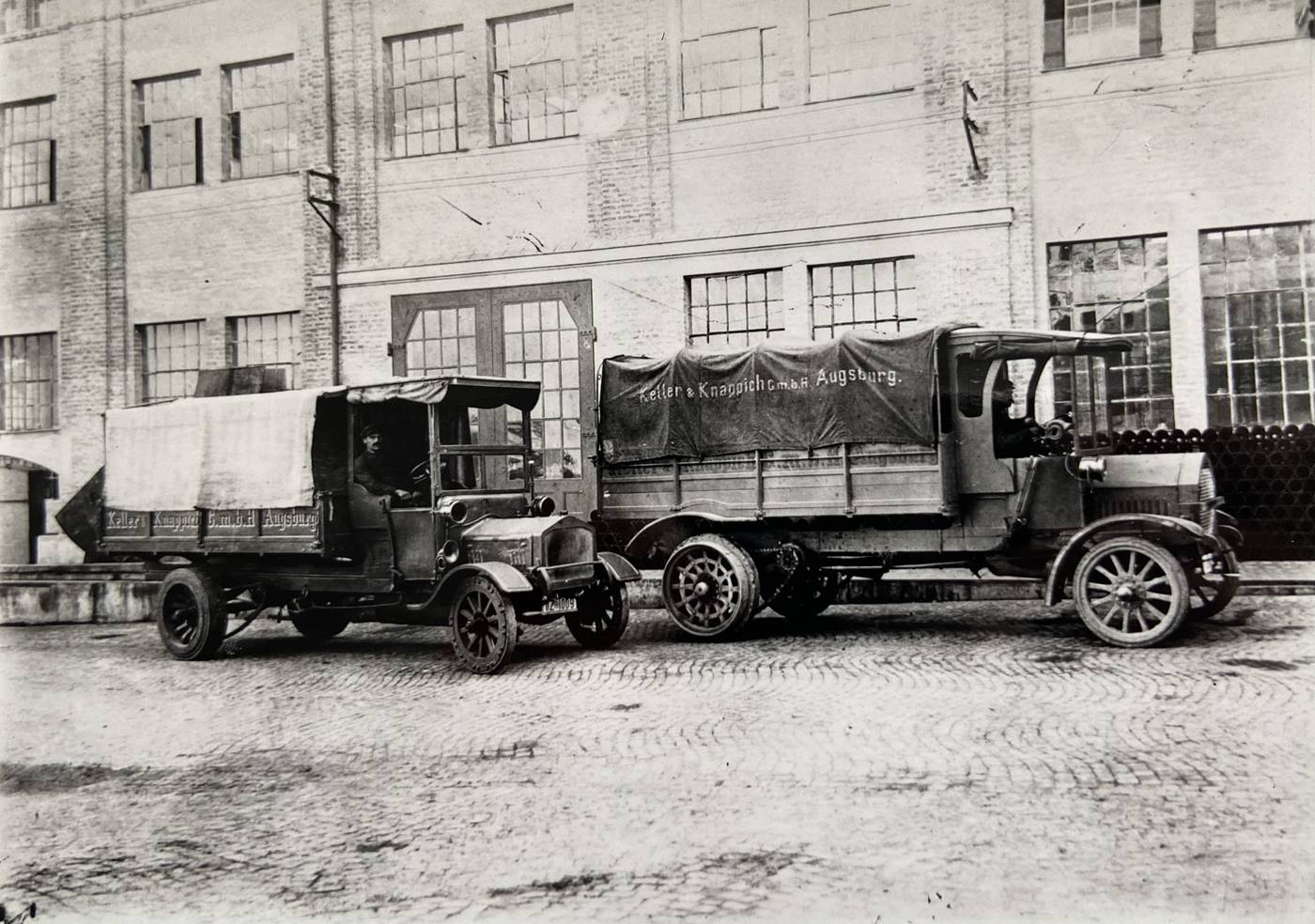The foundation with a small sawmill in the 19th century, long-forgotten products from the water cannon to the self-propelled howitzer, or anecdotes about the beginnings of robotics: countless facts and figures were collected for the KUKA anniversary book. How do you get all this information?
The basis is scientifically sound research. In the case of KUKA, this was to a large extent real basic research, since not much has been published up to now. We researched in the KUKA company archives, but also in countless public archives, such as the Bavarian Economic Archives in Munich, the state archives in Munich and Augsburg or the Augsburg City Archives. All in all, we went to around 10 German public archives and pored over several thousand pages of files. The big challenge is to filter out the relevant information in this jungle of information, weight it accordingly and develop an exciting story. And we have - hopefully - succeeded in doing that.
You have taken a very close look at 125 years of KUKA history: What did you find particularly exciting about the company?
We've covered a lot of company histories, but we've rarely experienced such a capacity for change and adaptation at a company like KUKA, both in terms of technology and company history: between the beginnings in Lechbruck with acetylene lighting to the robots of today, it's been a long and not always straight path - just as it has been from the founders Keller and Knappich to the latest developments at the top management of the company. What was equally impressive about KUKA: In the course of our research, we conducted eyewitness interviews with more than 20 long-time and former KUKA companions. And no matter what story brought each of them together with the company, their connection with KUKA is still strong today.
Curious? By the way, the anniversary book 125 Years of KUKA with numerous historical illustrations is available for purchase at this link.

